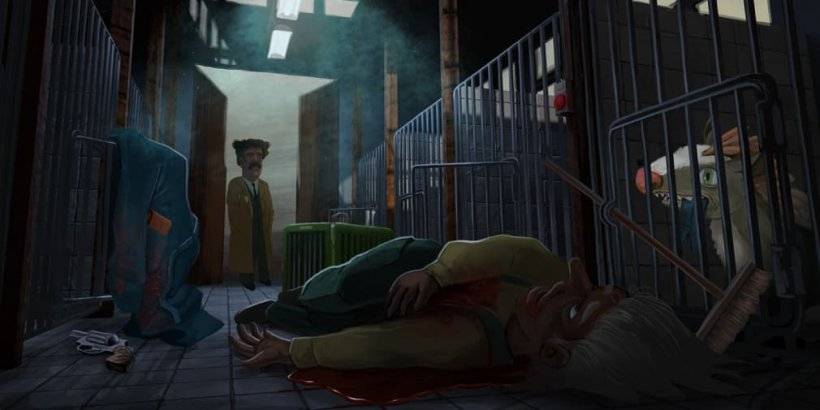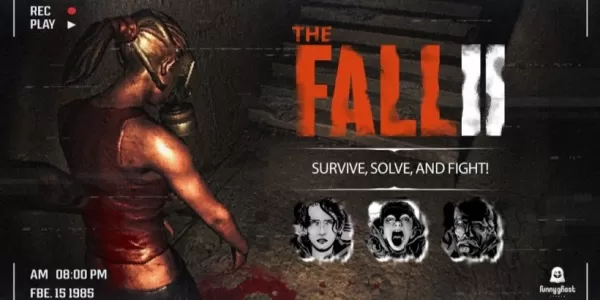
Yasuhiro Anpo, the director behind the acclaimed remakes of Resident Evil 2 and Resident Evil 4, shared insights into the decision-making process behind updating these classics. The journey began with the realization of the overwhelming fan interest in reviving the 1998 cult classic, Resident Evil 2. As Anpo explained, "We realized: people really want this to happen." This sentiment was echoed by producer Hirabayashi, who decisively stated, "Alright, we'll do it."
Initially, the team considered remaking Resident Evil 4 first due to its iconic status. However, the game's near-perfect reputation posed a significant risk; any alterations could potentially alienate fans. After careful consideration, the team opted to focus on Resident Evil 2, an older title that they felt needed a modern touch. To better align with fan expectations, the developers also studied various fan projects, which provided valuable insights into what players desired from a remake.
Despite the enthusiasm within Capcom, the decision was met with skepticism from some fans. Following the release of the remakes for Resident Evil 2 and Resident Evil 3, and the subsequent announcement of a Resident Evil 4 remake, concerns were voiced. Many argued that Resident Evil 4, unlike its predecessors, did not require an update as urgently. The original Resident Evil 2 and Resident Evil 3, released in the 1990s on the PlayStation, featured outdated mechanics such as fixed camera angles and cumbersome controls. In contrast, Resident Evil 4, launched in 2005, had already revolutionized the survival horror genre. Despite these concerns, the Resident Evil 4 remake successfully maintained the essence of the original while enhancing gameplay and narrative elements.
The commercial triumph and overwhelmingly positive reviews of these remakes validated Capcom's approach. It demonstrated that even a game revered as nearly flawless could be reimagined respectfully and creatively, ensuring its legacy endures in the modern gaming landscape.
















